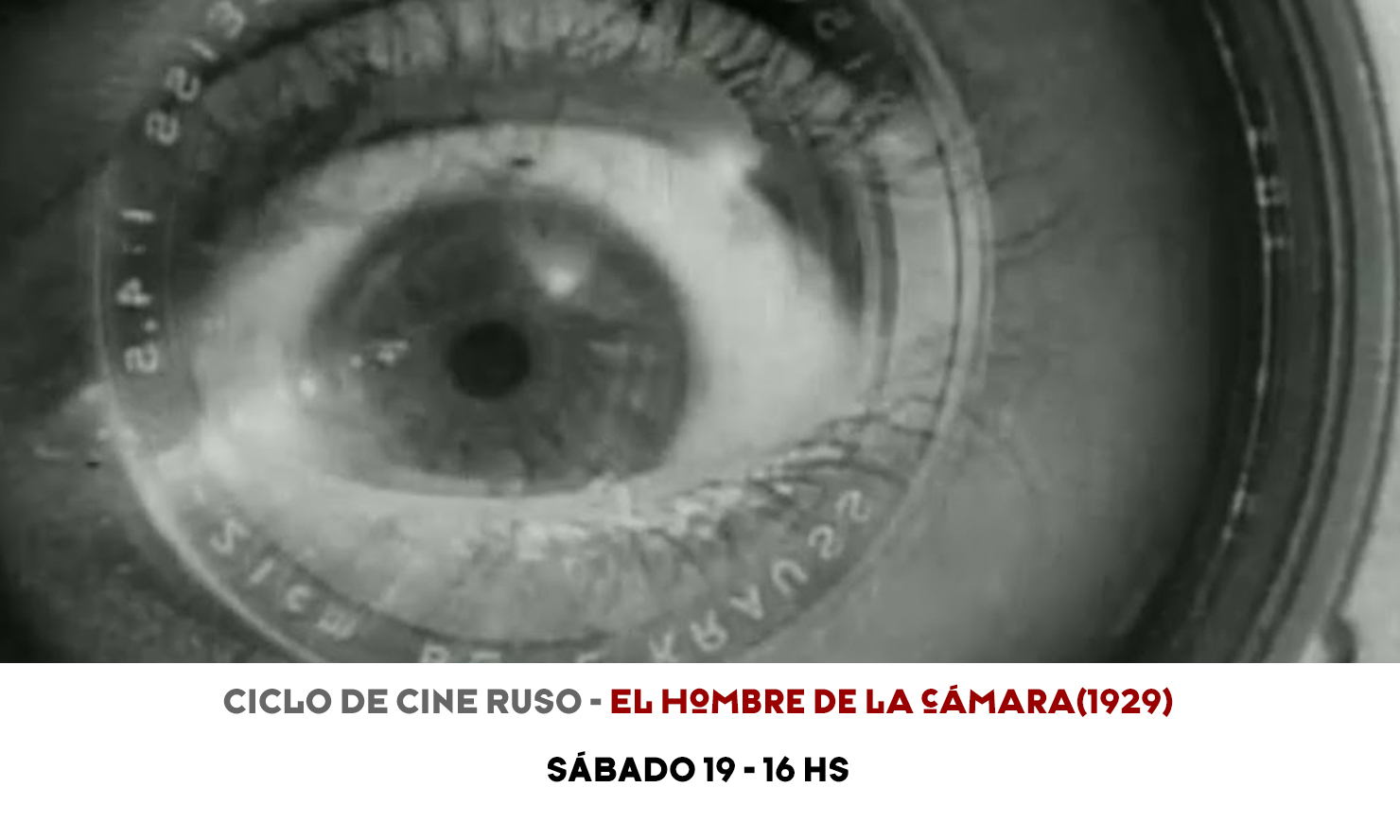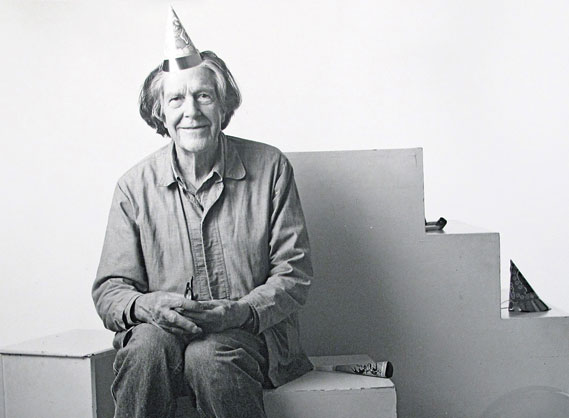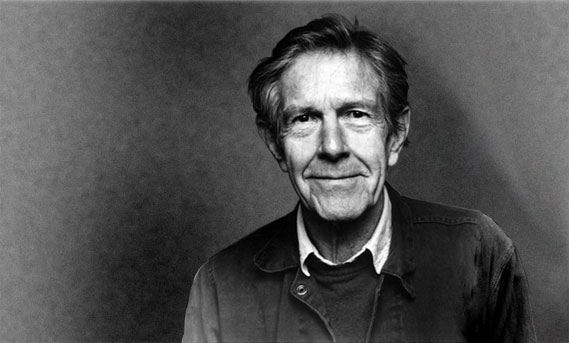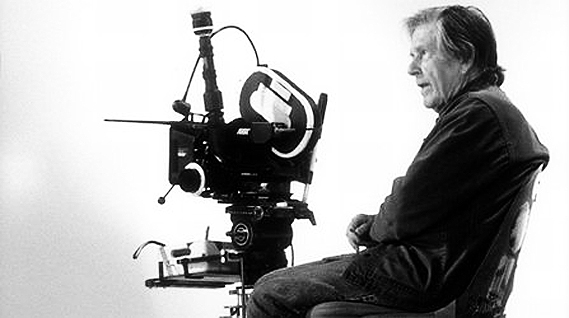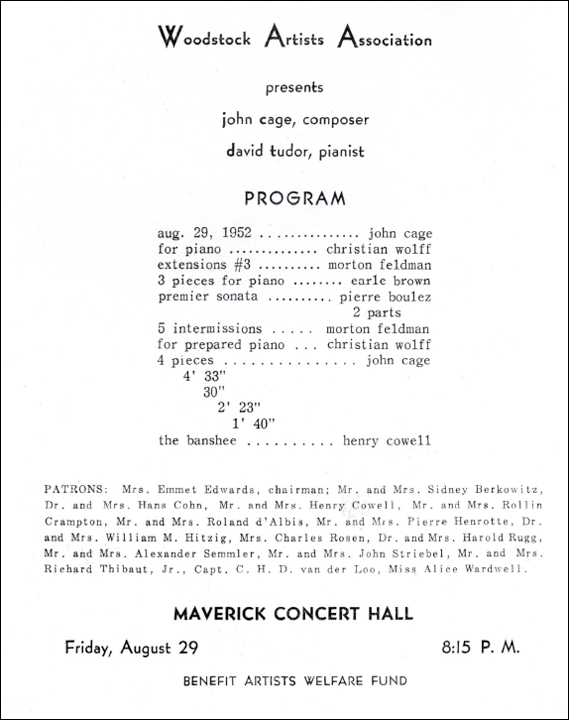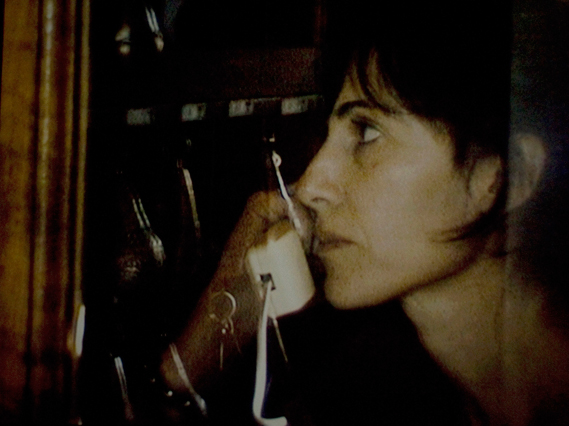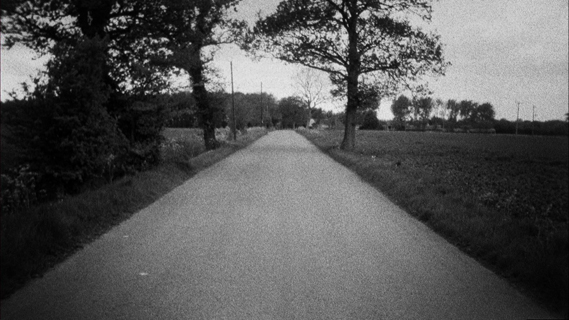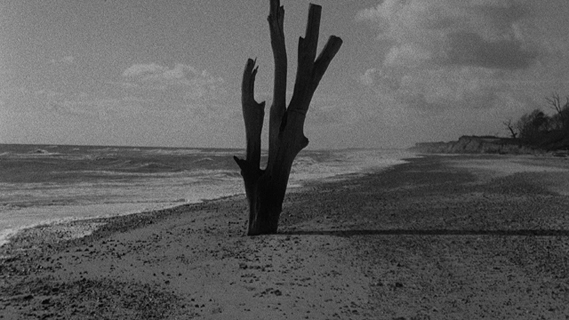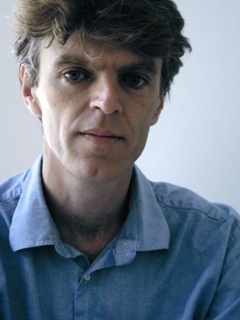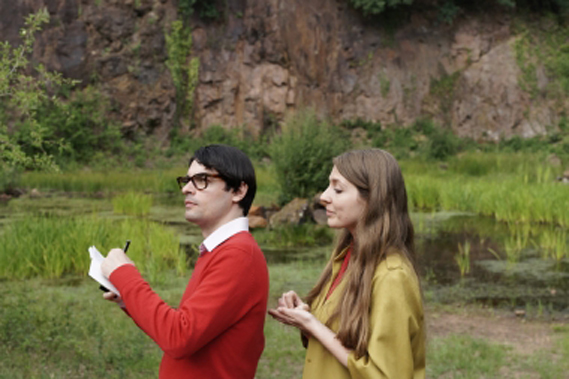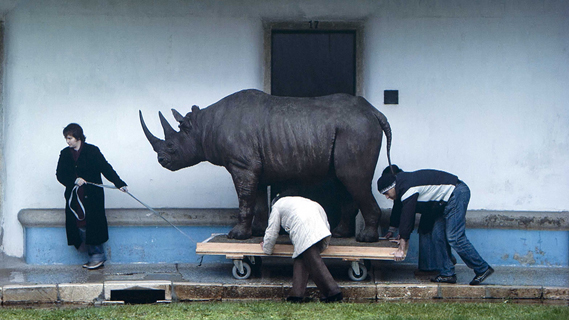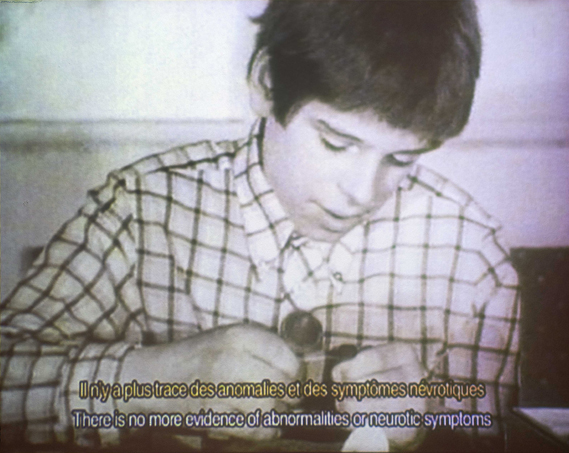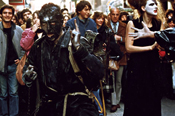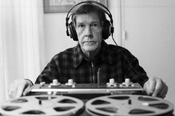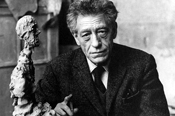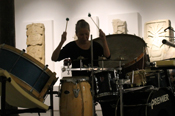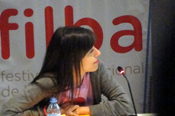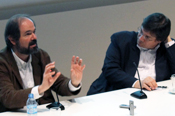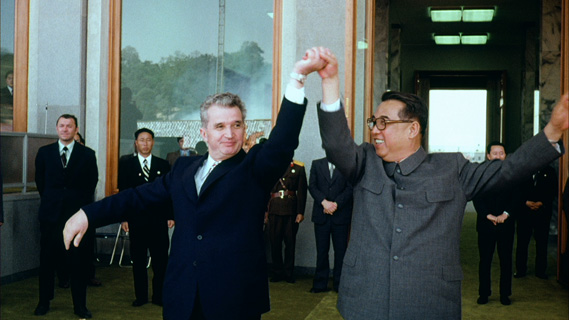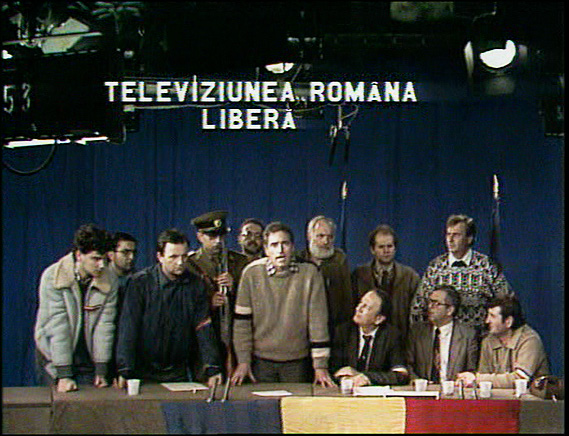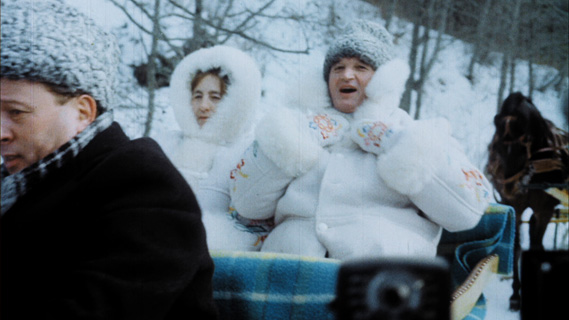-
WITH THE PRESENCE OF GONZALO AGUILAR – RODRIGO ALONSO – ANDREA GIUNTA – MARÍA AMALIA GARCÍA – PAULO HERKENHOFF – FREDERICO MORAIS – MANUEL NEVES – CECILIA RABOSSI – SUELY ROLNIK
-
The Embassy of Brazil in Argentina and Fundación Proa presents Colloquium Art of Contradictions. Pop, Realisms and Politics. Brazil – Argentina 1960, with the participation of prominent researchers, critics and artists. The meeting will take place on August 10 – 11, 2012 in the Auditorium of Fundación Proa. Certificate of attendance will be given.
Coordinated by Rodrigo Alonso, the meeting will be attended by leading experts from Brazil, Argentina and Uruguay.For more information and registration: coloquio@proa.org
The exhibitors
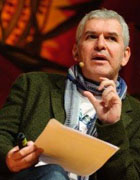 Gonzalo Aguilar
Gonzalo Aguilar
“El hombre en harapos: una genealogía de los márgenes en el arte de los sesenta” (A genealogy of the margins in the art of the 60′s)
Es doctor por la Universidad de Buenos Aires e investigador del CONICET. Profesor de literatura Brasileña en la Facultad de Filosofía y Letras de la Universidad de Buenos Aires. Ha sido profesor visitante en Stanford University, Harvard University y la universidad de Sao Paulo, Brasil. En 2005 recibió una beca Guggenheim. Es autor de Poesía concreta brasileña: las vanguardias en la encrucijada modernista (Beatriz Viterbo, 2003), Otros mundos: ensayos sobre el nuevo cine argentino (Santiago Arcos editor, 2005) y Episodios cosmopolitas en la cultura argentina (Santiago Arcos editor, 2009).

Rodrigo Alonso
Curador, junto a Paulo Herkenhoff, de Arte de Contradicciones. Pop, realismos y política. Brasil – Argentina 1960, exhibición con la que continúa investigando los vínculos entre el arte argentino y el arte internacional del periodo, trabajo que comenzó en el 2010 con la muestra Imán: Nueva York, y continuó en 2011 con Sistemas, Acciones y Procesos. 1965-1975, también en Fundación Proa. En 2011, fue curador del pabellón argentino en la 54ª Bienal de Venecia. Entre sus exhibiciones recientes como curador se incluyen Nuestra Hospitalidad, en el Espai d’Art Contemporani; Resplandores. Poéticas analógicas y digitales, en el Centro Cultural Recoleta; Tensiones públicas. Utopías domésticas, en el Centro Cultural Marcelo Patiño; Telefonías, en Fundación Telefónica; El futuro ya no es lo que era, en el Espacio Fundación OSDE. Licenciado en Artes por la Universidad de Buenos Aires, especializado en arte contemporáneo y nuevos medios, es profesor de la Universidad Nacional de Tres de Febrero, la Universidad del Salvador y el Instituto Universitario Nacional de Artes. También es profesor y miembro del Comité Asesor del Master en Comisariado y Prácticas Culturales en Arte y Nuevos Medios del MECAD, en Barcelona, y profesor invitado por importantes universidades, congresos y foros internacionales en América Latina y Europa. Es co-director del Taller de Arte Interactivo del Espacio Fundación Telefónica. Como escritor, crítico y colaborador en libros, revistas de arte y catálogos ha realizado numerosos trabajos entre los que se destacan: Muntadas. Con/Textos, Ansia y Devoción, Jaime Davidovich. Video Works. 1970-2000 y No sabe/No contesta. Prácticas fotográficas contemporáneas desde América Latina
 María Amalia García
María Amalia García
“Alberto Greco y el Brasil” (Alberto Greco and Brazil)
Doctora de la Universidad de Buenos Aires en el área Historia y Teoría del Arte, licenciada en Artes por la misma casa de estudios y profesora nacional de pintura de la Escuela Nacional de Bellas Artes “Prilidiano Pueyrredón”, IUNA. Es investigadora del CONICET y su investigación está radicada en el Instituto de Teoría e Historia del Arte “Julio E. Payró” (FFyL-UBA). Se desempeña como docente en la Carrera de Artes (FFyL-UBA). Sus trabajos han sido difundidos en congresos y coloquios especializados nacionales e internacionales como así también en revistas y publicaciones especializadas. En 2003 obtuvo el primer premio en el VII Premio Fundación Telefónica a la investigación de la historia de las artes plásticas en la Argentina. Es autora de El arte abstracto. Intercambios culturales entre Argentina y Brasil (Siglo XXI, 2011), co-autora de Tomás Maldonado en conversación con María Amalia García (Fundación Cisneros, 2010) y de Arte argentino y latinoamericano del siglo XX: sus interrelaciones (FIAAR- Fundación Espigas, 2004).
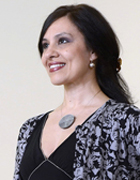 Andrea Giunta
Andrea Giunta
“Adiós a la periferia” (Goodbye to the periphery)
Doctora en Historia del arte, es Directora de la Cátedra en Historia del Arte Latinoamericano y Criticismo y Directora del CLAVIS, Center for Latin American Visual Studies, en la Universidad de Texas en Austin. Es autora de Vanguardia, Internacionalismo y Política. Arte Argentino en los años sesenta (2001, 2003 y 2008); Poscrisis. Arte Argentino después del 2001 (2009); Objetos Mutantes. Acerca del arte contemporáneo (2010); El Guernica de Picasso: el poder de las imágenes. Europa, Estados Unidos y América Latina (2010, autora y compiladora); Escribir las imágenes. Ensayos sobre arte argentino y latinoamericano (2011). Ha sido acreedora, en dos oportunidades, del premio Konex y recibió las becas Guggenheim, Rockefeller, Harrington y Paul J. Getty Foundation entre otras. Actualmente también dirige la colección Arte y Pensamiento en la editorial Siglo XXI.
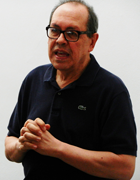
Paulo Herkenhoff
Paulo Herkenhoff es historiador, crítico de arte y comisario independiente. Desde el 2003 al 2006 ha sido director del Museu Nacional de Belas Artes, Rio de Janeiro. Anteriormente a sido Curador Adjunto del Departamento de Pintura y Escultura del MOMA de Nueva York (1999-2002) y Curador en Jefe del Museu de Arte Moderna do Rio de Janeiro (1985–1990). Fue también director artístico de la XXIV Bienal de Sao Paulo (1998), dedicada a la antropofagia como estrategia de apropiación asi como también curador del Pabellón Brasileño de la 47 Bienal de Venecia (1997). Es autor de numerosos ensayos, como The Contemporary Art of Brazil: Theoretical Constructs (1993), The Theme of Crisis in Contemporary Latin American Art (1993), Cildo Meireles (2000), Beatriz Milhazes (2001) y Adriana Varejao (2002). Sus proyectos curatoriales más recientes, caracterizados tanto por el interés pedagógico como por la revisión histórica, han sido: The trajectory of light in Brazilian art (2001), Lucio Fontana (2001); Tempo (2002), Guillermo Kuitca (2003) y Manobras Radicais (2006).
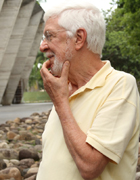 Frederico Morais
Frederico Morais
Proyección film Um domingo com Frederico Morais, dirigida por Guilherme Coelho (2011) (Projection of the film Um domingo com Frederico Morais, directed by Guilherme Coelho)
Crítico e historiador de arte. Inició sus actividades como crítico de arte en Belo Horizonte, en 1956. En Rio de Janeiro fue titular de la columna de artes plásticas del “Diario de Noticias”(1966) y del diario “O Globo”(1975-1987). Fue profesor de la Escuela Superior de Diseño Industrial, de la Facultad de Arquitectura Santa Úrsula, de la Escuela de Comunicación de UFRJ, de la Pontifica Universidad Católica (PUC-Rio) y de la Facultad de Educación Artística (Niterói). Entre 1988 y 1989, dirigió la Escuela de Artes Visuales de Parque Lage. Trabajó 10 años en el Museo de Arte Moderno de Rio de Janeiro como coordinador de cursos y curador de exposiciones. Entre 1984 y 1987 dirigió la Galería Banerj. Integró el jurado de salones y bienales de arte en Brasil, Argentina, Uruguay, Colombia, Ecuador y México. Es autor de libros como Arte é o que eu e você chamamos de arte, Crônicas de amor à arte, Cronologia das artes plásticas no Rio de Janeiro: 1816-1994 e Antonio Henrique Amaral: obra em processo.
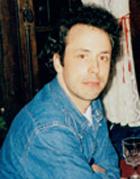 Manuel Neves
Manuel Neves
“Espectros de la realidad. Presencia formal de la nueva figuración y el pop-art en la pintura uruguaya 1962-1969″ (Spectra of the reality. The formal presence of the new figuration and pop-art in the uruguayan painting 1962-1969)
Crítico de arte y curador independiente. Miembro de la Asociación Uruguaya de Críticos de Arte, AUCA y de la Asociación Internacional de Críticos de Arte, AICA. Diplomado en Teoría y práctica del lenguaje y de las artes en la Escuela de Altos Estudios en Ciencias Sociales de Paris (EHESS). Colaboró con Revista Posdata, Semanario Posdata Folios, Diario Mundo Uruguayo, Semanario Brecha, TV-Ciudad, Revista ARTE; y en la actualidad escribe en la Revista Caras y Caretas. Ha realizado curadurías en Argentina, Uruguay y EEUU.
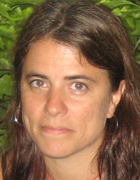 Cecilia Rabossi
Cecilia Rabossi
“La Bienal de São Paulo en conflicto” (The biennial of São Paulo in conflict)
Licenciada en Artes, Facultad de Filosofía y Letras, Universidad de Buenos Aires. Curadora independiente, desarrolla tareas de investigación, producción y curaduría de exposiciones de artes visuales para diversas instituciones de Argentina y del exterior. Miembro de la Asociación Argentina de Críticos de Arte (AACA). Investigadora del Instituto de Teoría e Historia del Arte ‘Julio E. Payro’ (FFyL-UBA). Miembro del Grupo de Estudio sobre Museos y Exposiciones, que actualmente lleva adelante el proyecto Historia de las exposiciones: prácticas curatoriales y políticas culturales en el arte argentino y latinoamericano en la Universidad Nacional de Tres de Febrero y que contó en su inicio con un subsidio de la Fundación Antorchas (2002-2004). Se desempeño en el área de Programación General del Museo de Arte Moderno de Buenos Aires (noviembre de 1997 a diciembre de 2001). Realizó trabajos de investigación de las obras de la Coleção João Sattamini del Museu de Arte Contemporánea de Niterói, Niterói, Estado de Rio de Janeiro, Brasil (junio a septiembre del 2000). Participó de Symposium On the Edge of the World, integrado por curadores y artistas latinoamericanos, Edimburgo, Escocia, 14 – 17 Junio 2010. Curadora General del Encontro com América do Sul, Nitéroi, Estado de Río de Janeiro, Brasil (2011).
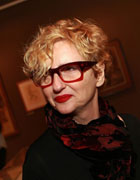 Suely Rolnik
Suely Rolnik
“La súbita seducción del arte sudamericano de los años 60. Algunas pistas para develar el misterio” (The sudden seduction of the south american art of the 60′s. Some trails to reveal the mystery)
Es psicoanalista, investigadora de la cultura y del arte, curadora, profesora titular en el Posgrado en Psicología Clínica de la Pontificia Universidad Católica de São Paulo (PUC-SP), donde ha fundado el Núcleo de Estudios de la Subjetividad, y docente del Programa de Estudios Independientes (PEI) del Museu d’Art Contemporani de Barcelona (MacBa). Desde 2007 participa como investigadora de la Red Conceptualismos del Sur, de la cual ha sido una de las fundadoras. Rolnik se exilió en París entre 1970 y 1979, donde además de su formación psicoanalítica se diplomó en Sociología, Filosofía y Ciencias Humanas Clínicas (donde obtuvo también su maestría y D.E.S.S); obtuvo su Doctorado en Psicología Social en la PUC-SP. Es autora, entre otros, de “Micropolítica, Cartografías del deseo” en colaboración con Félix Guattari (1986), que se encuentra en su 11a edición en Brasil y ha sido publicado en 8 países (en castellano: por Traficantes de Sueños, Madrid, 2006; por Tinta Limón, Buenos Aires 2006). Es la creadora de un proyecto de activación de la memoria corporal de la obra de Lygia Clark y su contexto, en el marco del cual realizó 65 películas de entrevistas en Brasil, Francia, Inglaterra y EE.UU. El resultado es el Archivo para una obra-acontecimiento, que contiene 53 DVDs y un libreto, cuyos ensayos han sido publicados por Documenta 13 y por Manifesta 9 (Manifesta Magazine # 13 e # 14). El archivo fue el nervio central de una exposición de la cual Rolnik ha sido curadora junto a Corinne Diserens (Musée de Beaux-Arts de Nantes, 2005, y Pinacoteca do Estado de São Paulo, 2006). Exposiciones del archivo con curaduría de Rolnik han sido realizadas en varios países.
Sponsored by the Embassy of Brazil in Argentina and Tenaris / Techint
 Branden Joseph
Branden Joseph Henning Lohner
Henning Lohner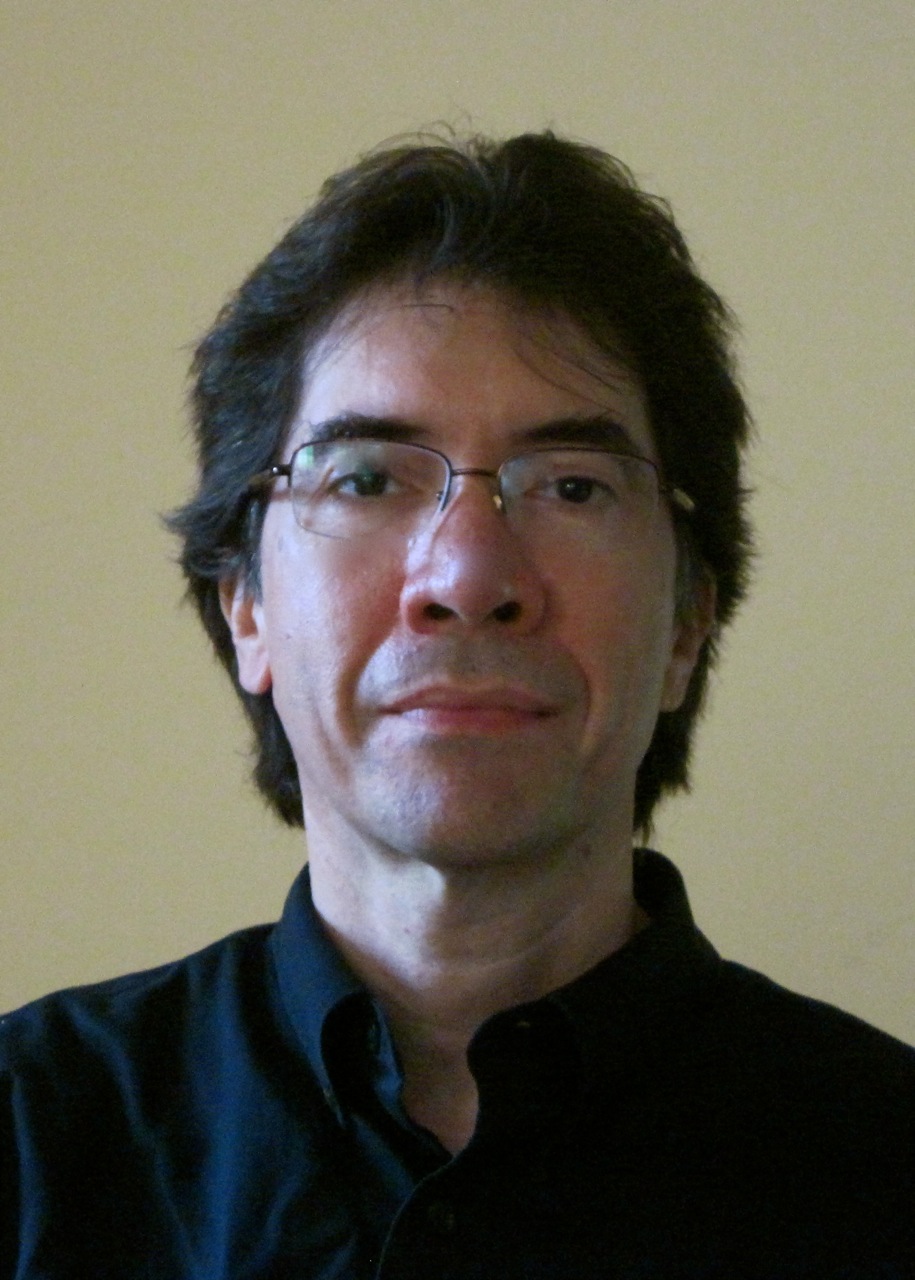 James Pritchett
James Pritchett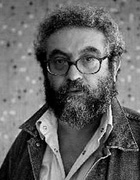 Luis Chitarroni
Luis Chitarroni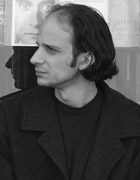 Pablo Gianera
Pablo Gianera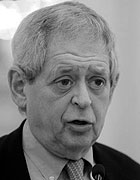 Hugo Petruschansky
Hugo Petruschansky